 The use of digital controls in hotel rooms allows to generate significant savings in energy consumption and optimize the performance of the equipment installed in the room.
The use of digital controls in hotel rooms allows to generate significant savings in energy consumption and optimize the performance of the equipment installed in the room.
by: Vanesa Restrepo B.
Several years ago, a research team from the University of Berkeley conducted a study to find ways to improve energy efficiency in hotels and motels.
If we review the report, we find that one of the greatest opportunities for energy savings in the lighting of hotel rooms is to avoid the prolonged and unnecessary operation of the lights and electrical accessories of the bathroom. More than 75% of the energy consumption used by these accessories occurs when several items are switched on for more than two hours simultaneously.
The study shows that the bathroom lights in occupied hotel rooms stay on for longer periods of time (an average of eight hours) compared to less than five hours when the lights in the room itself are turned on. the lights that remain on the least time are the hotel's desk lights. Only two hours on average.
A standard solution that was very fashionable in the years in which the study was conducted was the use of the occupancy sensor: the lights turned on automatically when they detected the presence of customers in the room.
However, hoteliers were reluctant to reduce their guests' comfort with a device that could irritate occupants, especially if they remained motionless or out of reach of sensors or when they were in the bathroom for an extended period of time.
Nowadays the best solution is provided for the energy saving of the hotel or motel is provided by home automation, because with these systems only the card provided at reception allows you to turn on or off the lights and other appliances in the room. The energy control is done all online, the card is silly, it does not save any information. Everything is centralized online.
In addition, the system allows manual control of all the electrical elements of the hotel or motel. At any given time we can turn off with the system any appliance inside the hotel premises manually from the computer equipment of the hotel or motel.
Automation management
An adequate management of resources through home automation systems allows hotels to obtain great benefits. These include:
1. Greater profitability: New possibilities in the exploitation of the services offered by the hotel. Savings in energy, in personnel management, in optimization of employee tasks, in alarm systems, etc.
2. Hotel under control: Management of technical alarms and automation of areas such as lounges, gardens, terraces, etc. Statistics on cleaning times, occupancy, energy consumption, etc. Monitoring of the entire hotel.
3. Cash boxes: With the use of cards as a means of payment, the risks involved in the circulation of cash and the need to make manual cash squares are avoided.
4. Energy savings: Reduction of up to 40% per year in the energy costs consumed, thanks to the control of lighting and air conditioning throughout the hotel.
5. Increased security: Intrusion, fire, flood, medical, etc. alarms. Control of hotel accesses such as peripheral entrances, internal accesses, rooms, garages, etc., with the possibility of carrying out audits.
6. More efficient staff: Thanks to the real-time supervision of the rooms, the efficiency and control of the hotel's cleaning and maintenance staff increases.
7. Integration of services: By using cards the guest can use all the services offered by the hotel in a more comfortable way. You can also use the card
as a means of payment.
8. Better customer service: The reception staff has more time to attend to the client, thanks to a better management in the reception tasks such as: check-in, check-out, Knowledge of the state of the rooms (cleaning, repairs), calls and notices, billing, rental of services, etc.
A good choice
It is the integration of technology in intelligent design for better control of consumption benefiting the environment and energy savings but this is not the only application of these systems but can be used in: offices, hotels and other businesses.
Home automation systems facilitate the control of the activities that take place in our home, such as: air conditioning, irrigation, natural light, alarms and surveillance through cameras, etc. These functions can be viewed, managed and controlled from a single access point that integrates all the applications of our automation system.
In the hospitality sector, home automation acts by providing an effective and centralized management, through the control from a single point of the air conditioning and lighting of occupied or unoccupied rooms with the consequent energy savings, since the electrical loads are rationalized and the equipment of non-priority use is disconnected depending on the electricity consumption at a given time.
The highest operating costs in buildings of all kinds come from the consumption of electrical energy from air conditioning and lighting systems. A centralized digital control system, also known as "Building Automation Systems" computerized and integrated with the systems of air conditioning, electricity, security, intrusion, fire, access, sanitary and others, allows significant savings in the costs of operation and maintenance of the building.
Depending on the type of building, its construction characteristics and its energy consumption, it is typical to expect that the investment in a centralized digital control system will recover, due to the energy savings obtained, within a period of between 1 to 3 years.
Rooms, under control
Hotel rooms continue to be the area of greatest energy expenditure and greatest attention but at the same time the one that continues to present the most challenges. Where temperature, lighting and security come together to make the guest feel good, comfort cannot be put at stake to save some kw/h. The latest advances in EMS are aiming to ensure that comfort.
While a few years ago these systems could not be activated while the guest was sleeping, the new systems have taken care to fill this deficiency with wireless radio frequency sensors that allow monitoring when a guest is in the room. Still, the biggest challenge continues to present itself when the guest leaves the hotel room. "Most guests are out 60% of the time, which leaves a lot of time for bad spending," says Ana María Huertas, sales director for North America at Energy Eye, a company that offers a wireless energy management system based on RFID sensors.
The wireless systems currently used for energy control can be of two types. The first consists of a wireless system inside the room but integrated to a central point to send information via cable. The other is an independent system within the room, wireless and individually controlled. The independent system offered by this company has the advantage that being wireless makes its integration very simple and when communicating by radio frequency is not limited by corners or corridors.











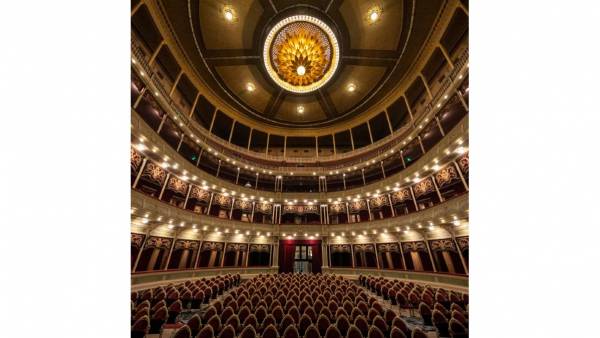
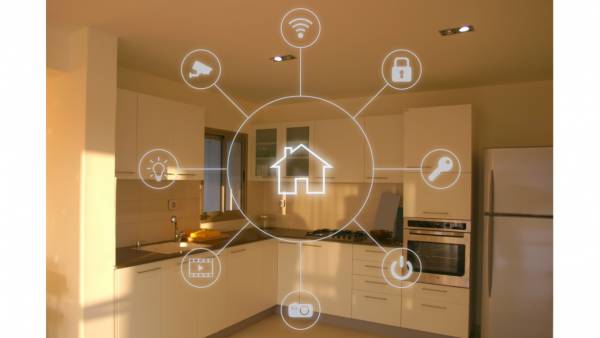

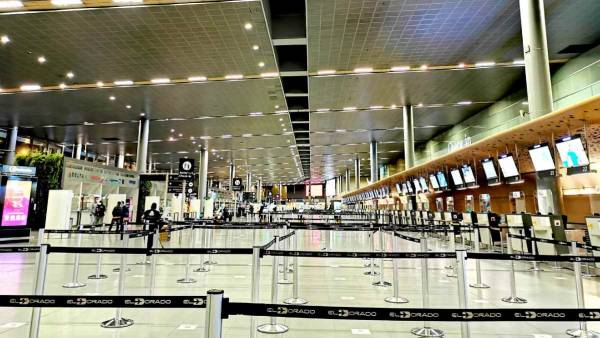
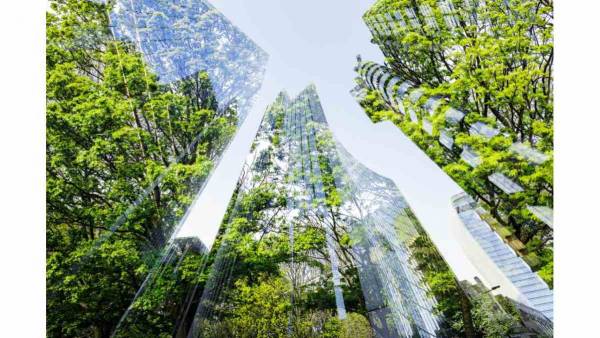
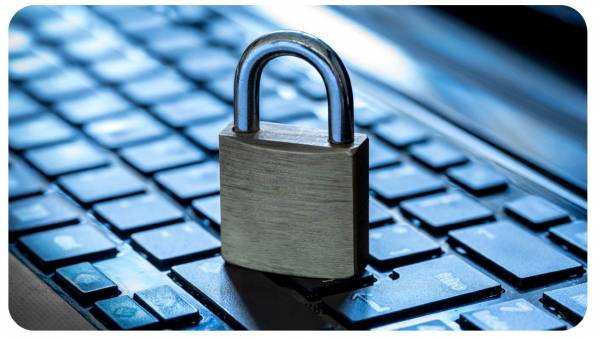







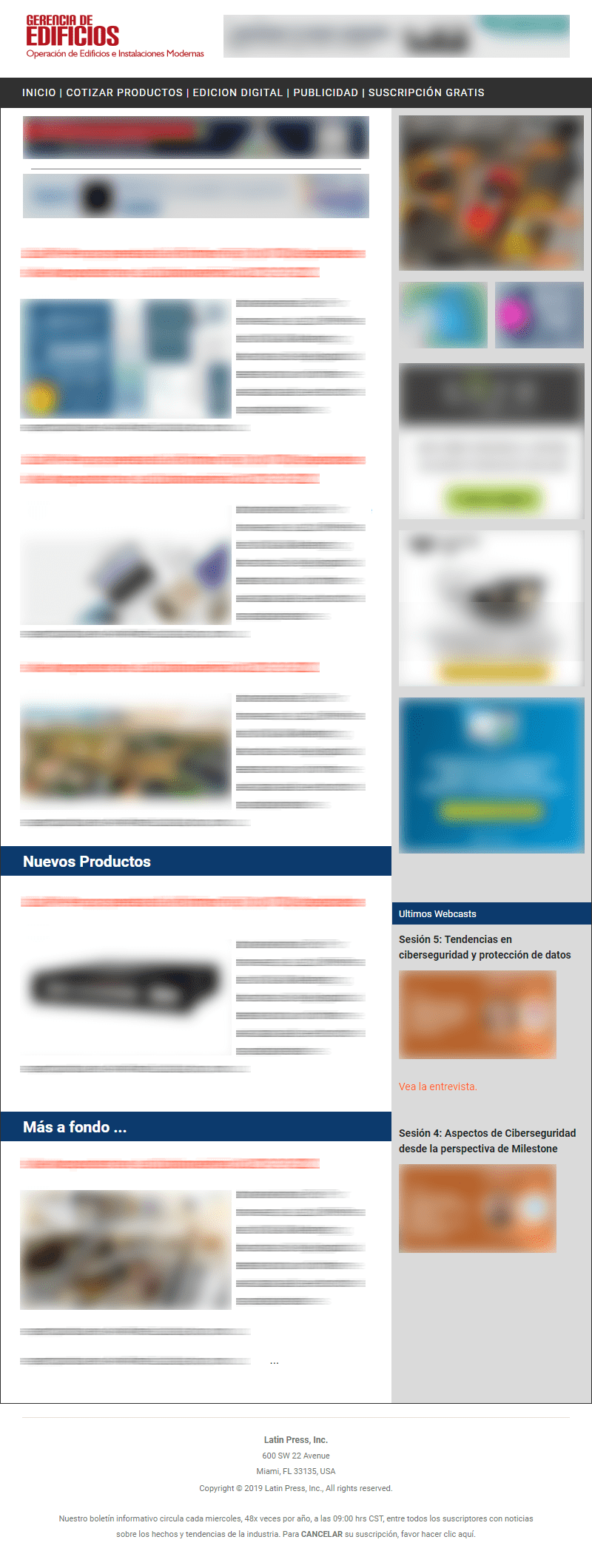
Leave your comment